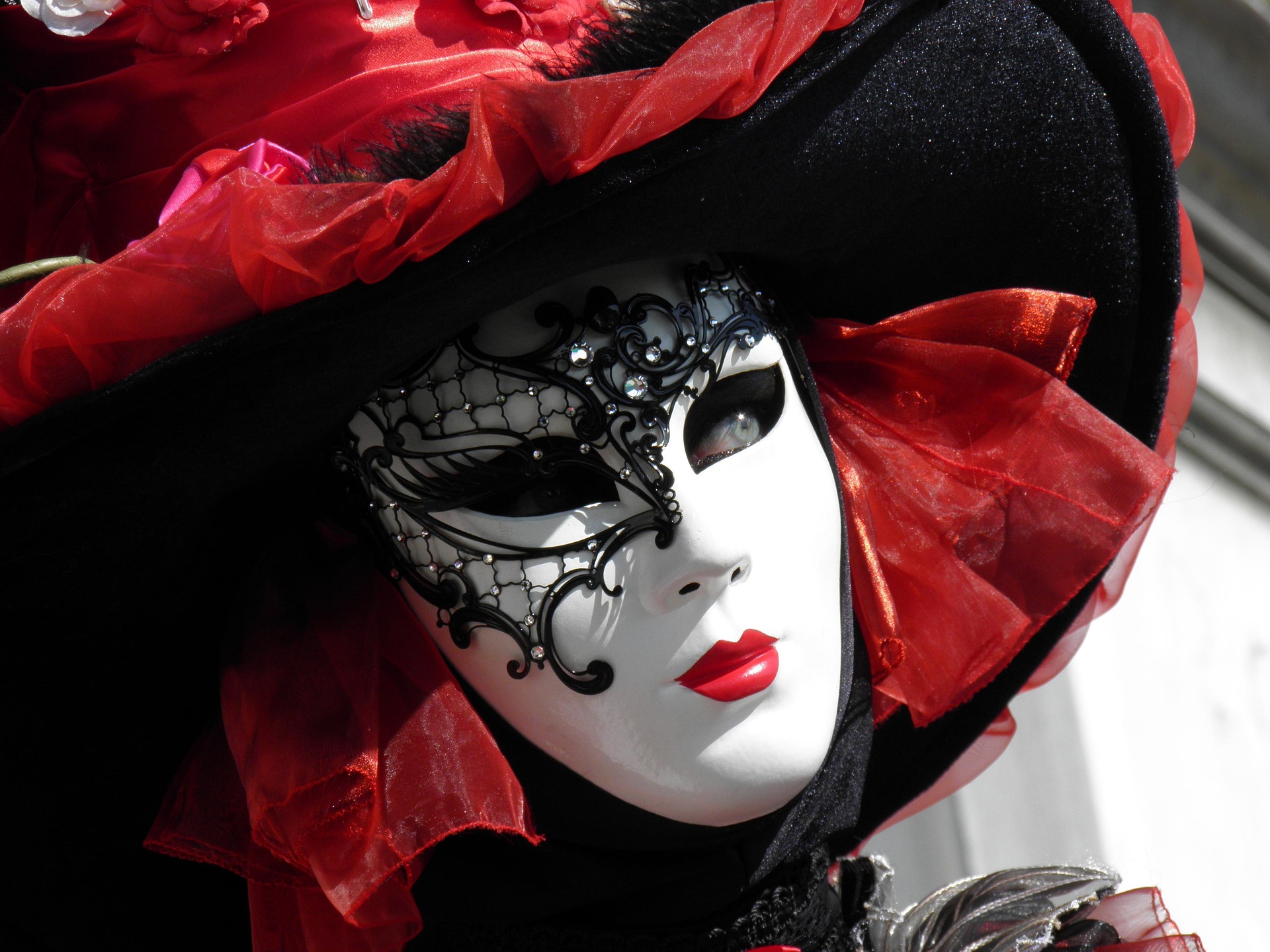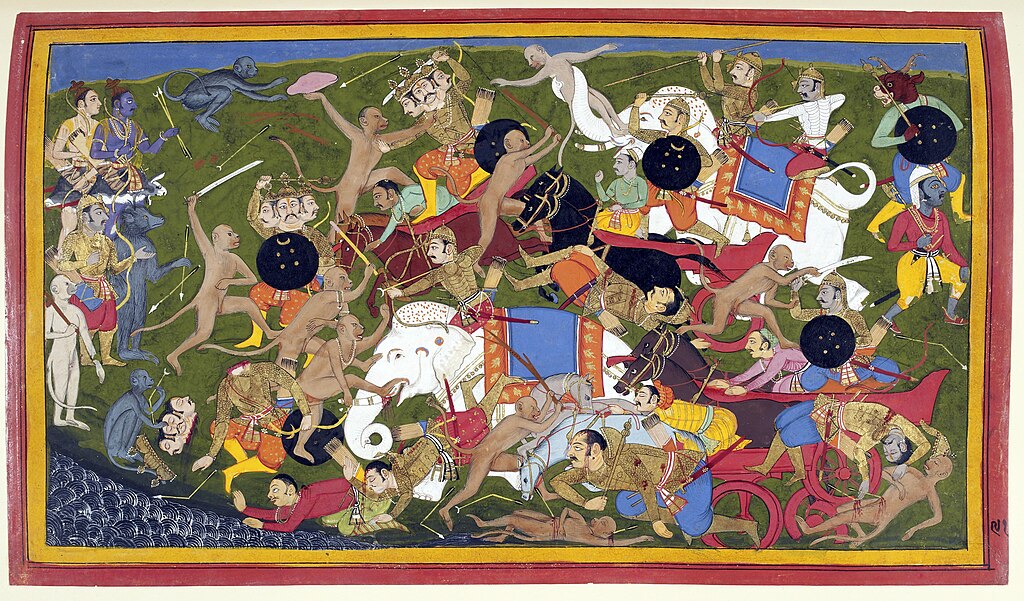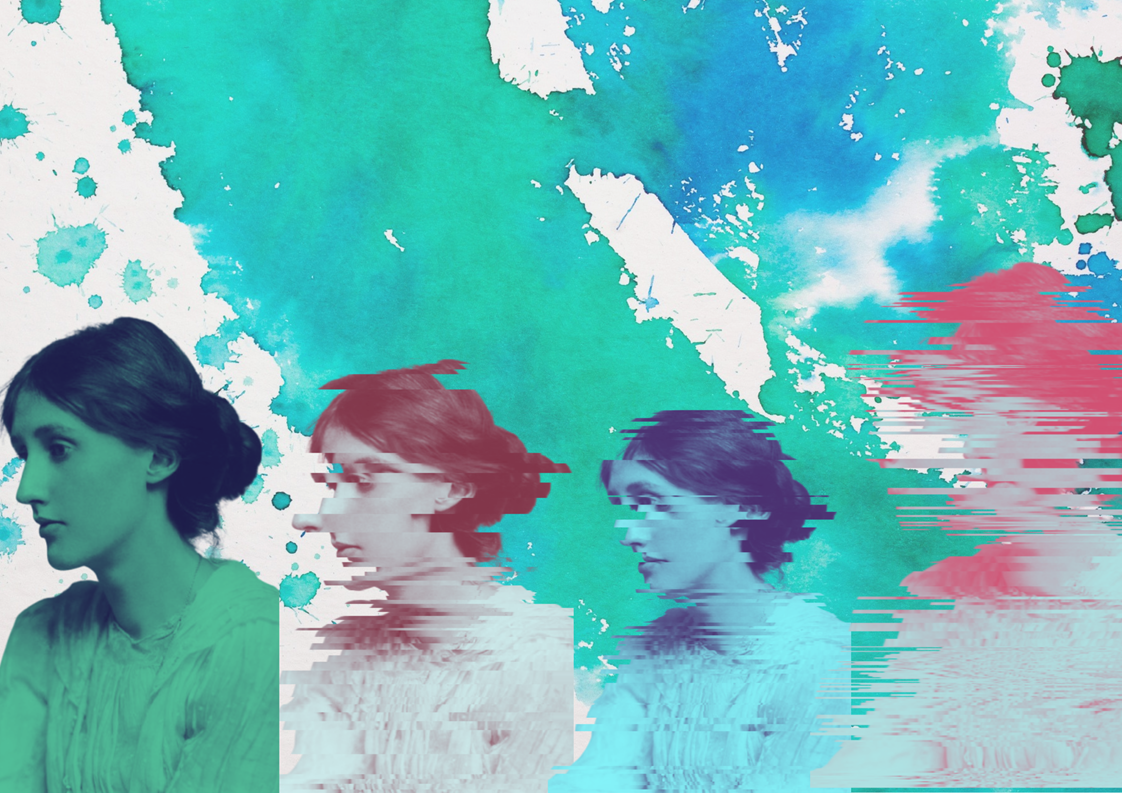Toni Morrison’s Tar Baby is a novel preoccupied with masks. Cultured, tribal, imported, inherited. It is a narrative of appearances: The polished manners of Parisian salons, the ceremonial expressions of ancestral craft, the performative identities shaped by colonial histories and capitalist fantasies. Beneath its sensual prose lies a fraught exploration of paradise, the kind that smells not only of jasmine and ocean air but also of overripe fruit and hidden decay. This is not a pastoral fiction; it is a myth dressed in silks, a fable that turns sharp in the light.
Where Beloved speaks in a hushed, haunted tone, Tar Baby seethes with simmering discontent. Morrison here is less elegiac and more analytical, laying bare the unresolved tensions of race, class, and identity in a world eager to declare itself postcolonial yet still limping under the weight of colonial ideology.
The Caribbean Island at the centre of the novel is no paradise for consumption. It is a space of contradiction. Both Edenic and exploited, a place where the land speaks in tongues and the sea gleams with deceptive tranquillity, while ancestral deities murmur from the underbrush.
The characters who inhabit this space are estranged not only from their surroundings but from themselves. They are exiles within their own skins. Jadine, refined and cosmopolitan, moves through the world of haute couture with elegance but without anchorage, caught between privilege and dislocation. Son, her counterpart, is unyielding, a man formed by dispossession and estranged from the scripts that power and propriety demand he follow. Their collision is not romantic but ideological, a confrontation between incompatible myths of selfhood. In their relationship, Morrison stages the crisis of representation: the impossibility of reconciling the subjectivity shaped by the colonial metropole with that formed in resistance to it.
The language of Tar Baby is dense, sometimes suffocating, tropical in both its abundance and its heat. Morrison writes with the cadence of oral tradition and the deliberateness of philosophical critique. Her sentences are at once sensuous and freighted with memory, language that recalls both the plantation and the revolution. This style is not ornamental; it is structural. It insists on slowness, on a reader’s full engagement, because it knows that within its rhythms lie the repressed histories of people and places too often aestheticized into silence.
Ultimately, Tar Baby is a novel of ideological struggle. It confronts the contradictions of Black identity under global capitalism, the unresolvable tension between belonging and resistance, consumption and authenticity. Morrison offers no easy synthesis. Instead, she leaves the reader caught in a dialectical movement between beauty and rupture, forgetting and remembering, myth and critique. And like all great literature, Tar Baby does not release its reader unchanged. It marks, unsettles, and lingers, as all acts of truth-telling must.



